
Why Did US Miss The China-Led Battery Revolution?
Basically, batteries are
a technological revolution in progress . They're a key part of a larger, more general revolution:
the replacement of controlled combustion with electricity
as the main way that human beings produce energy and move it around.
The key advantage of batteries – the thing that no other technology or energy source can really do well – is that they let you
store energy, move it around, and then remove it again. They're a way to move energy through both time and space.
I first realized the transformative power of batteries when I saw people using
battery-powered leaf blowers
as a weapon in the riots of 2020. But what really drove it home for me was when
I invested in a startup called Impulse
that makes battery-powered appliances. Once you've seen a battery-powered stove
boil a pot of water in a few seconds , it's hard not to think the world has changed:

This kind of magic wasn't possible even a few years ago – batteries didn't have the power density required to do this. The technology has been advancing by leaps and bounds in recent years.
That's why you're seeing battery-powered drones suddenly take over the modern battlefield, e-bikes transform transportation, and China's car companies conquer the automotive industry.
It's why you're seeing solar power suddenly become smooth and reliable instead of intermittent. It's why your phone can run all day without needing to be recharged. And these are only the beginning of what batteries will be able to do, since the technology is still improving rapidly at a fundamental level.
But what's strange is how
surprising
this all feels – not just to me, but to the United States as a whole. I knew about Tesla and the coming of EVs years ago, of course. And from reading climate pundits, I knew that battery storage would be
an important complement to solar power . I knew about Barack Obama's
attempts
to support American battery companies.
But I didn't have any idea how many different things batteries would be used for, or how good they would get. Relatively few media outlets, politicians, or intellectuals talked about batteries as a transformative technology. This is
still
true today - outside of solar storage and EVs, I don't see many people gushing about batteries.
The US government, too, seems to have been caught a bit flat-footed. Obama did support some battery companies (including Tesla!). But there was never any big government push for better batteries, the way there was for genetic sequencing, fracking or even solar power.
When you read
a history of the lithium-ion battery , it's all just a scattered network of researchers at British and Japanese universities - and, strangely, Exxon - creating the chemistries that enabled the revolution.
The key discoveries happened in the 70s, 80s, and 90s, but it wasn't until the 2000s that US government research started making some important contributions and US policy started supporting the commercialization of batteries.
Batteries are the first big technological revolution that the US missedThe failure of both American media and the American government to anticipate the battery revolution is actually a huge historical outlier.
When it comes to any other major technological revolution I can think of, the US was very early to the party - driving the key research and development, hyping up the technology well before it was commercially viable, and making a major effort at early commercialization. Here are a bunch of examples:
Computers : The US was very early to the computer revolution, including technology, theory, and applications. It
produced
the first digital electronic computer and the first modern computer (ENIAC) in the 1940s. The US defense establishment recognized the importance of computing early on, and supported it over the years. No other country has done as much to advance computing technology or commercialize computers.
Space : This was the case where the US came closest to getting“scooped” on a technology. Both the US and the USSR recognized the potential importance of space and rocketry after World War 2, but the USSR's big push in the field allowed it to get to space first.
The US made a mighty - and ultimately successful - effort to catch up and overtake its rival, and still
dominates the space industry
and space innovation to this day. The hype about space in the US was absolutely enormous, especially after the“Sputnik moment.”

Legal Disclaimer:
MENAFN provides the
information “as is” without warranty of any kind. We do not accept
any responsibility or liability for the accuracy, content, images,
videos, licenses, completeness, legality, or reliability of the information
contained in this article. If you have any complaints or copyright
issues related to this article, kindly contact the provider above.

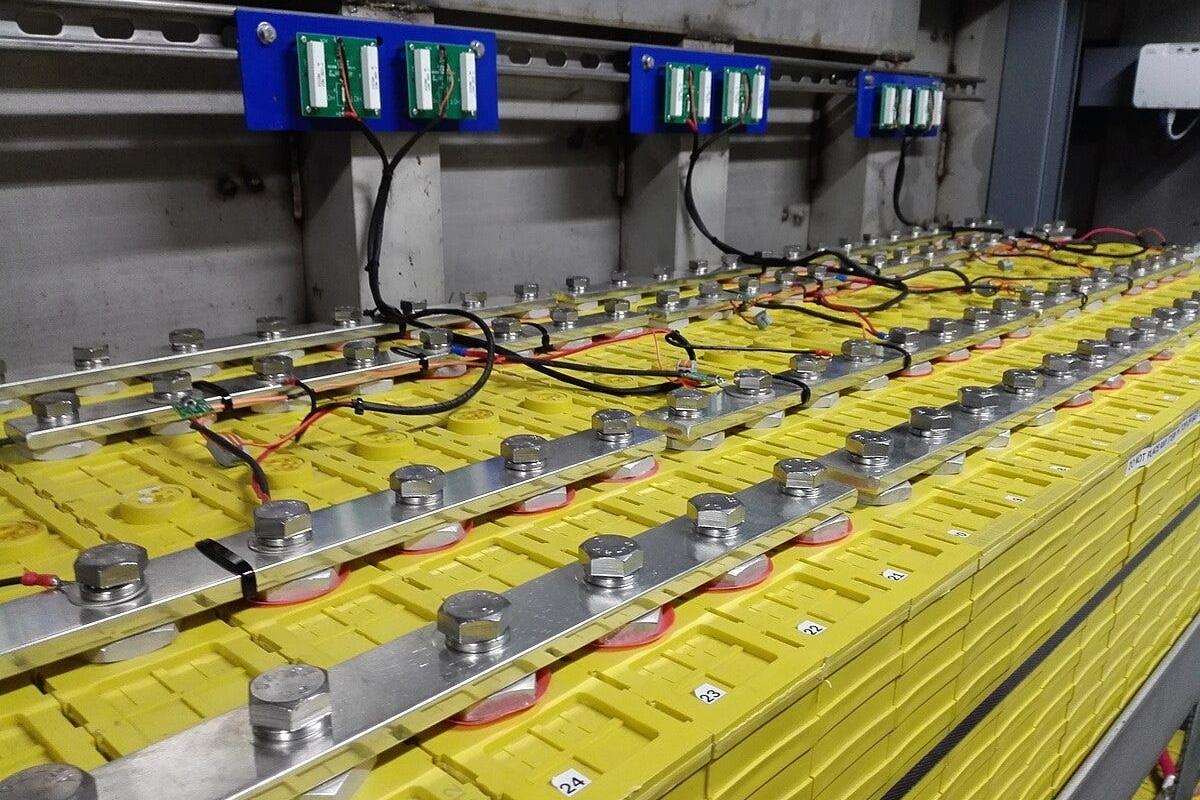
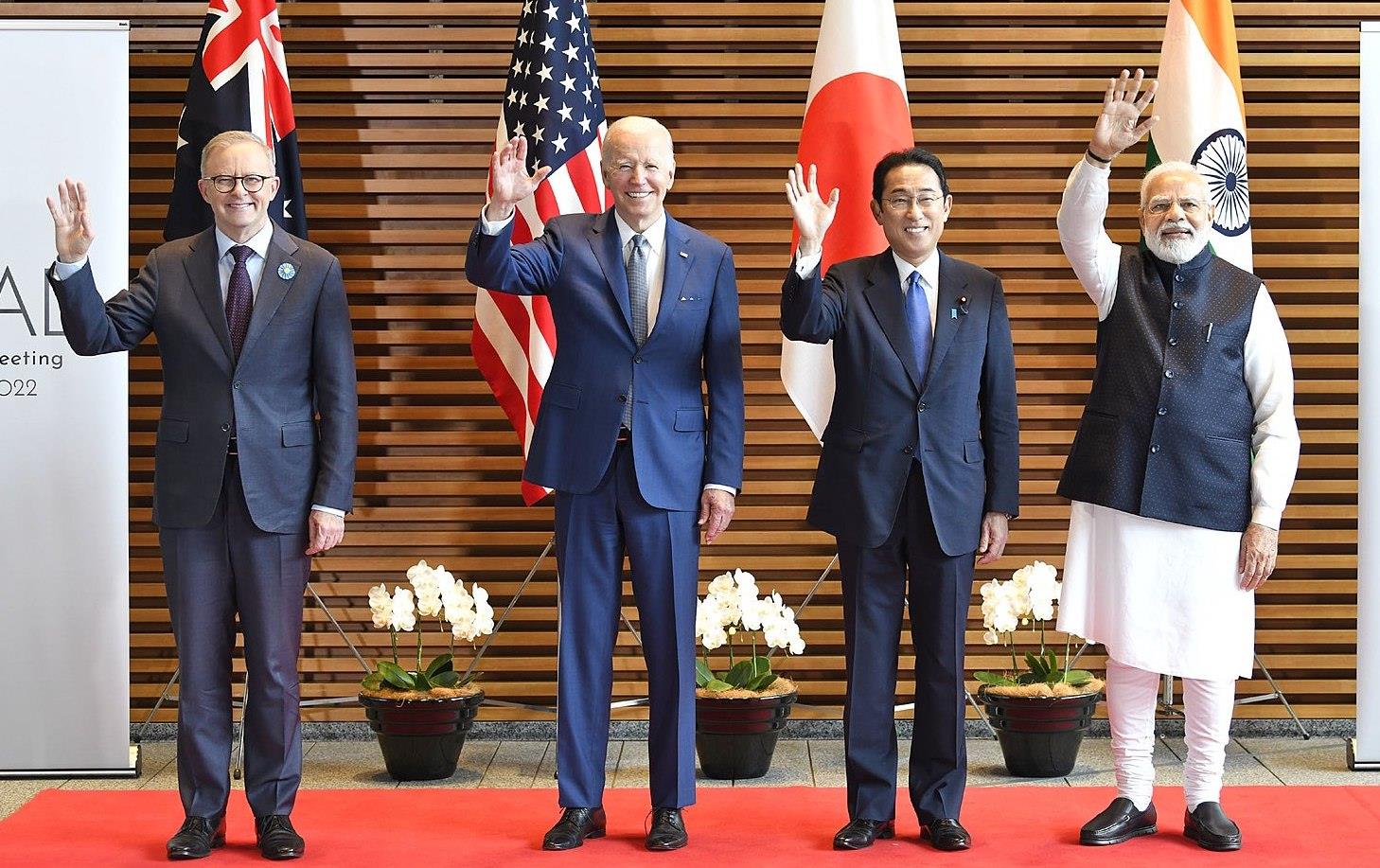

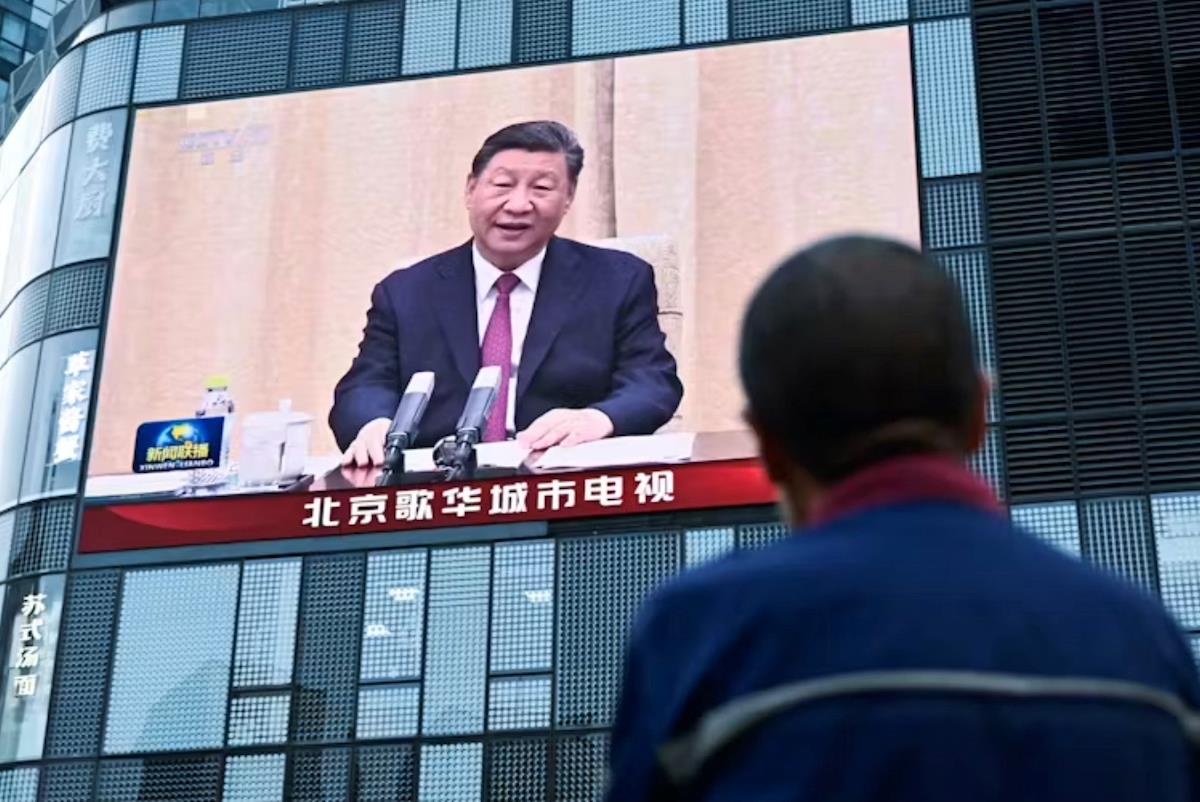
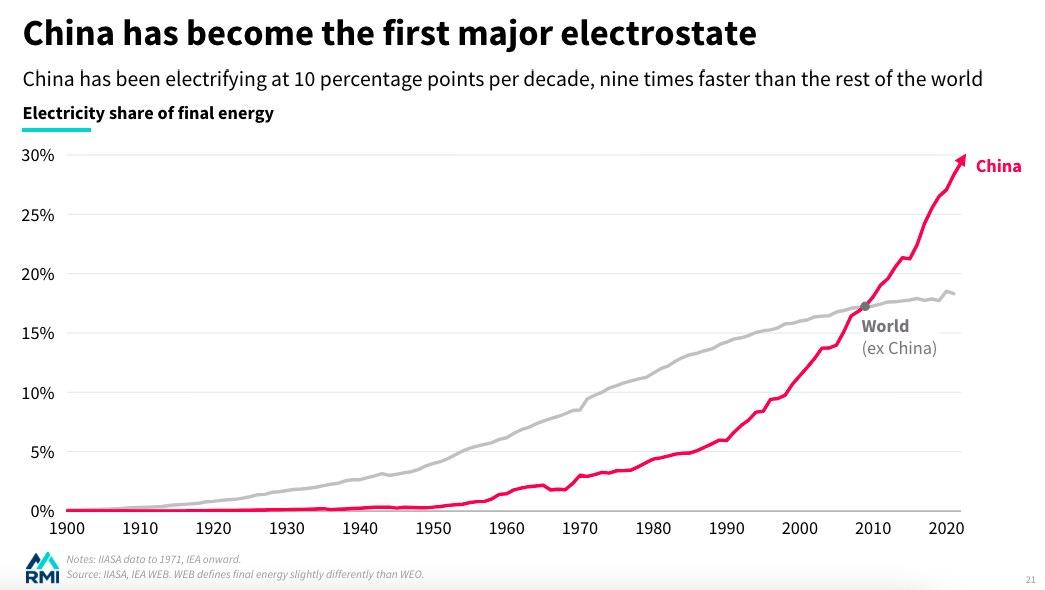
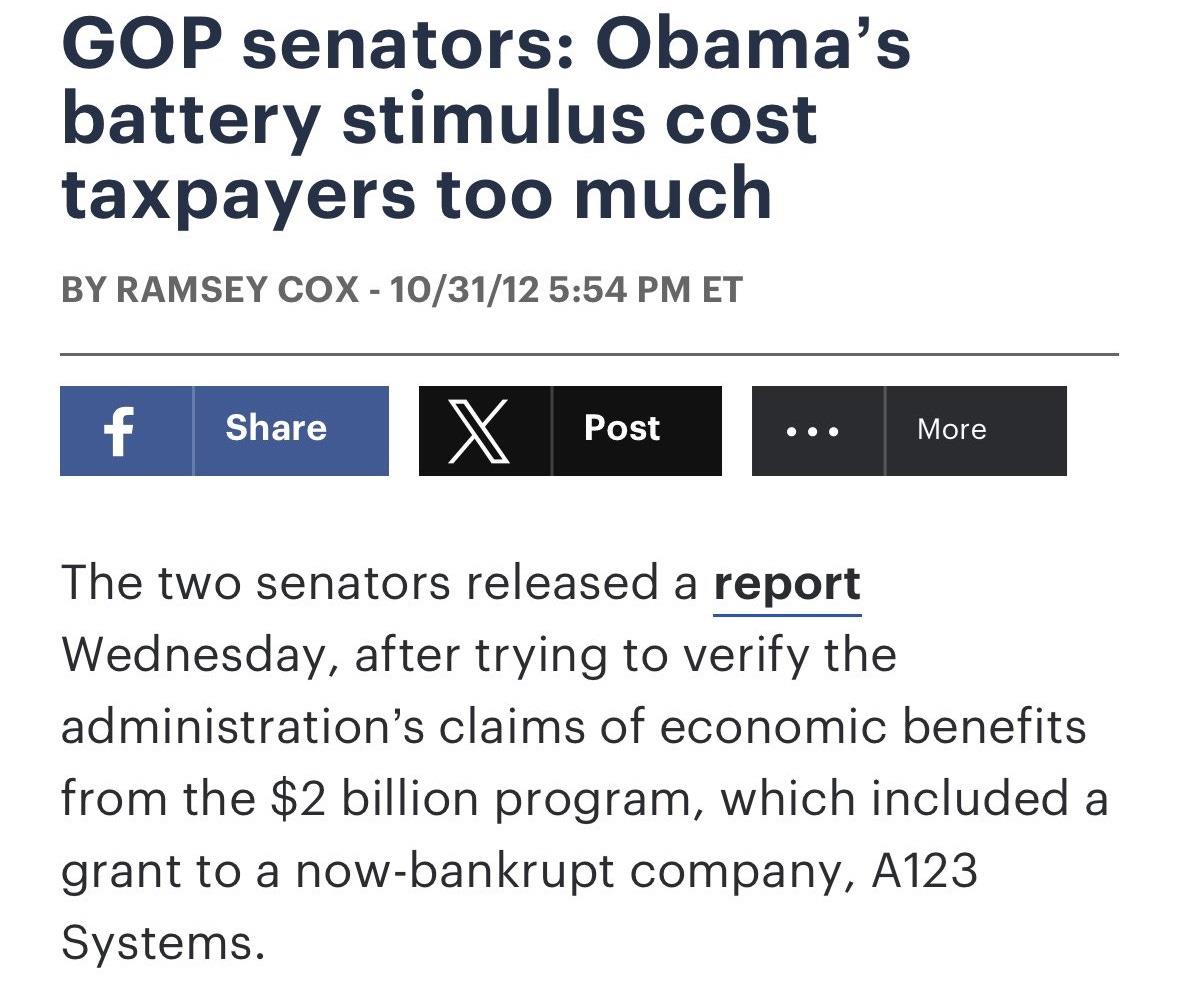
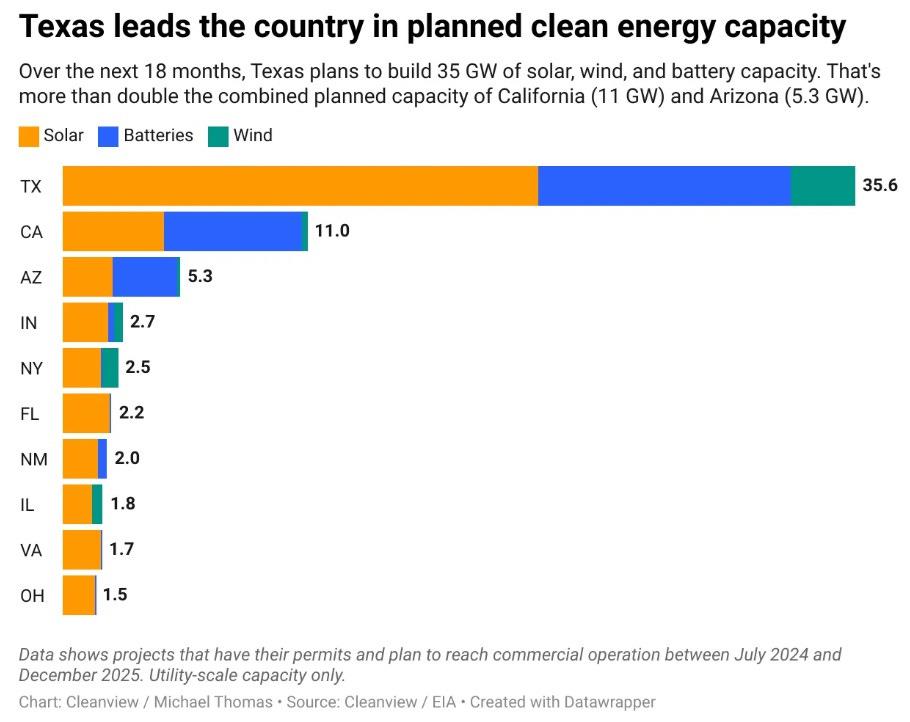

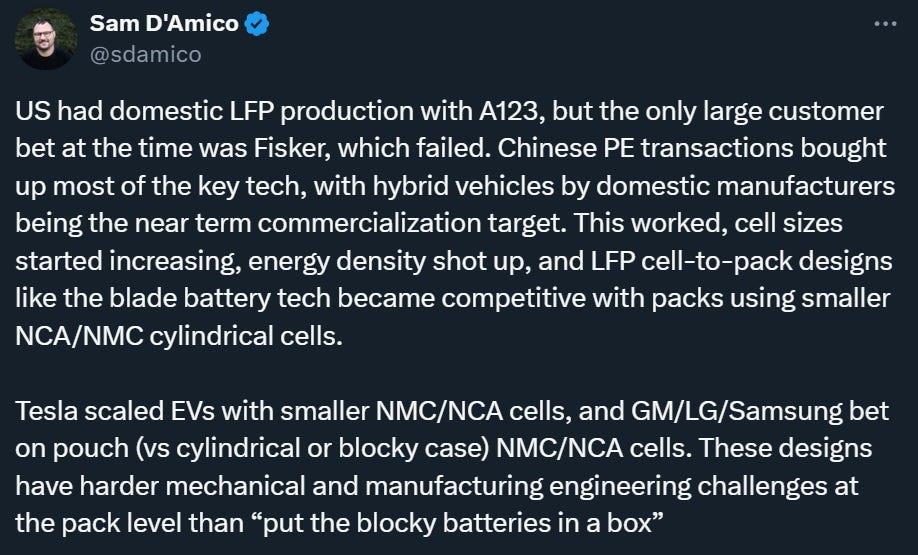

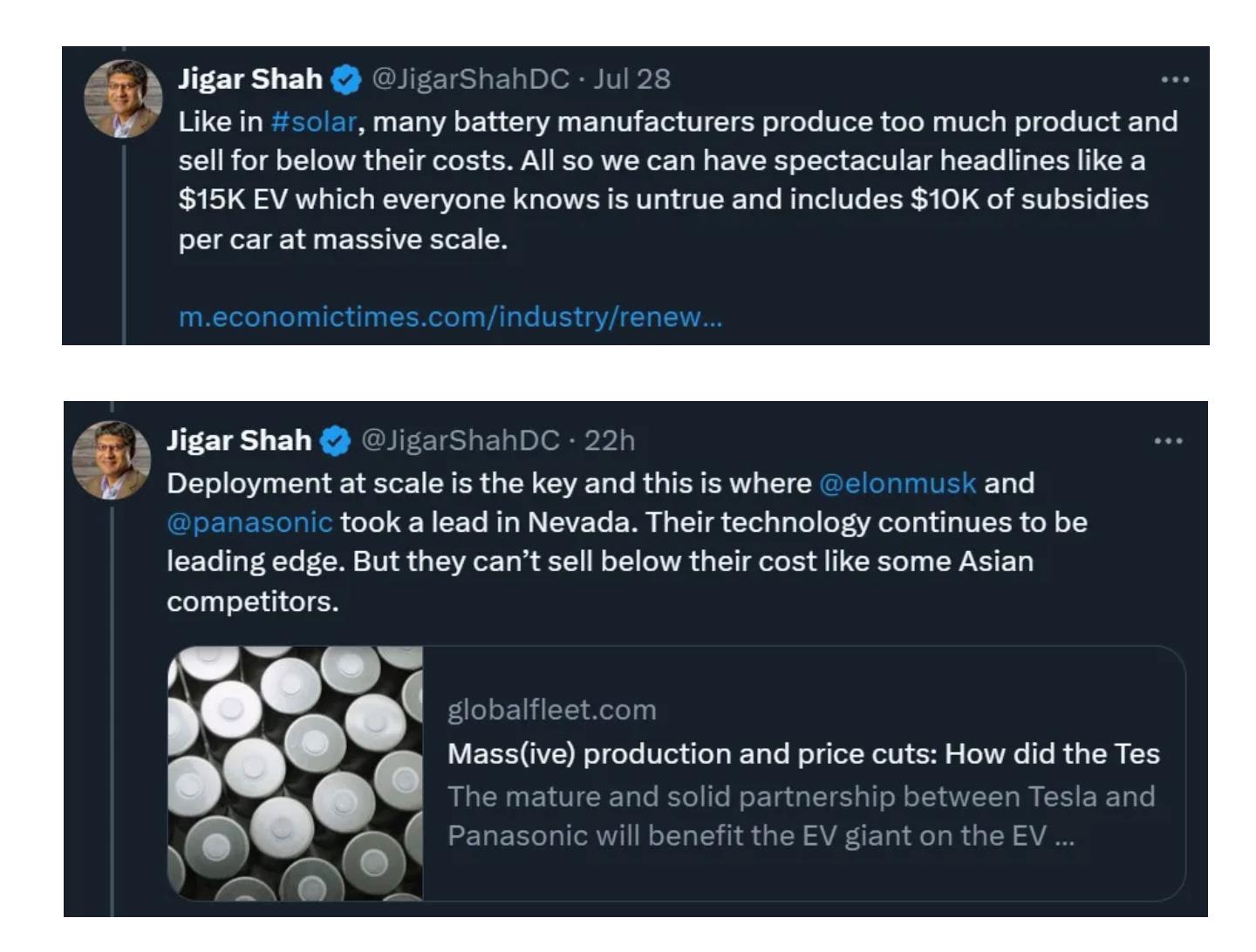
















Comments
No comment